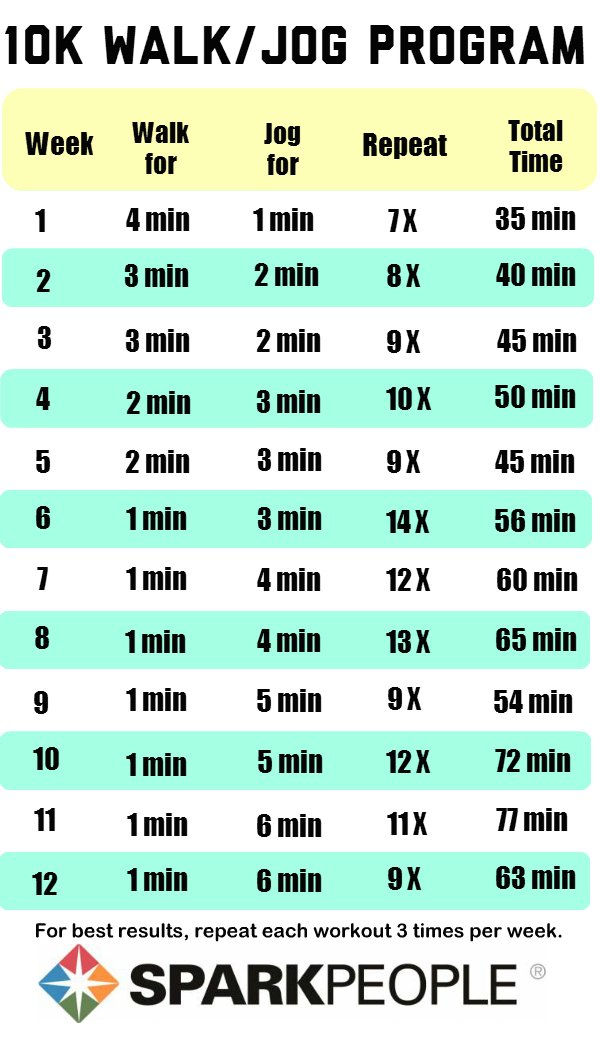

After that, the risk of overuse injuries and overtraining increases. The above-mentioned 2017 study found that the health benefits of running reach their peak at 4.5 hours per week. However, beginners shouldn't try to run every day, as it can cause more harm than good. Their weekly workouts not only include interval work and longer runs but also easier and/or shorter runs for active recovery. But here's the caveat: not every run is maximum intensity. Professional, elite runners often have a packed training schedule that may include running every day. That means you shouldn't need as much time to recover.īut if you start to increase the intensity of your run, you need to factor in sufficient recovery to avoid overtraining. In just 10 minutes, your heart rate will be in a moderate aerobic zone, but it won't cause too much stress or muscle damage. After that, the risk of overuse injuries and overtraining increases.A July–August 2017 study in Progress in Cardiovascular Diseases found that running five to 10 minutes every day at a moderate pace resulted in improved cardiovascular health, lower blood pressure and reduced risk of all-cause mortality. A July–August 2017 study in Progress in Cardiovascular Diseases found that running five to 10 minutes every day at a moderate pace resulted in improved cardiovascular health, lower blood pressure and reduced risk of all-cause mortality. Beginner Length: 6 weeks, 5 days on and 2 days rest or cross-train Recommended Experience: Spend the first 6 weeks building up to a 4-mile run or run/walk.


 0 kommentar(er)
0 kommentar(er)
